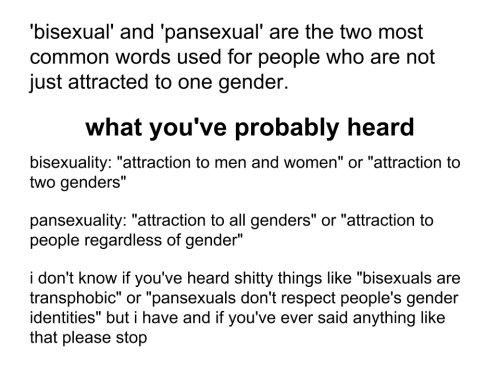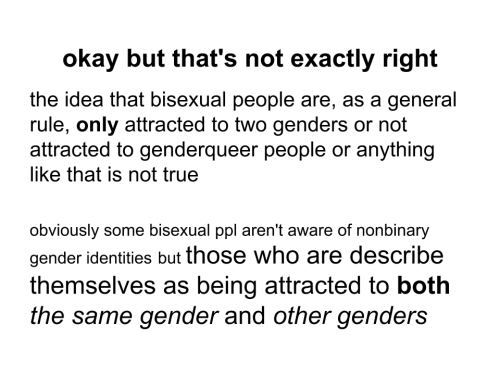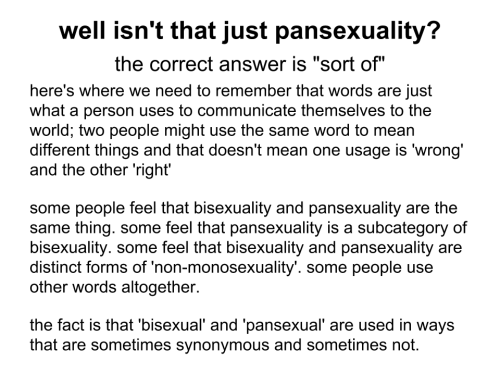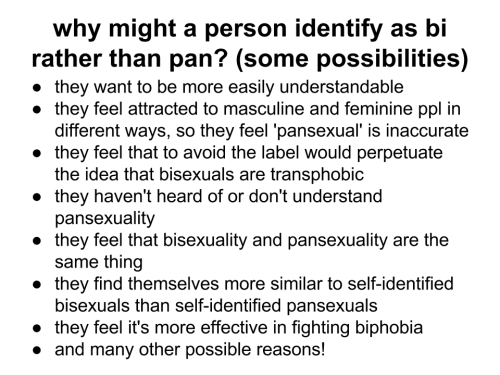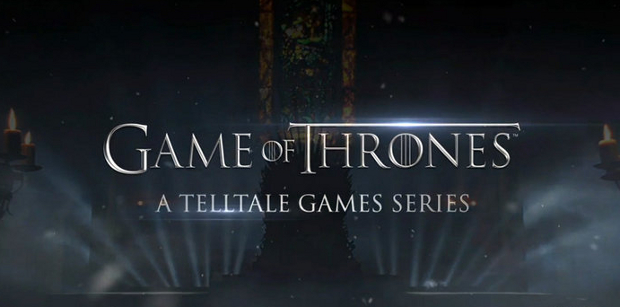I wrote last time that I would come up with an example of a way in which applying the principles of market competition to the fields of art and the humanities is, in Peter Sloterdijk’s terms, conducive to barbarism. So here is my example.
Consider the Ph.D. dissertation. My academic readers will probably be able to relate to this example, and for them some of what I have to write is a bit obvious. But for those who have never undertaken a Ph.D., I will spell out just what this means. You have to write a book-length study of some problem or idea that no-one has ever figured out before, or even thought to suggest. You might write about something others have considered before (if you’re a musicologist, maybe you decided to write about Wagner’s Ring or something), but you will consider it in some way, or consider some aspect of it, that has just never occurred to anyone before. All on its own, this is amazingly hard.
But that’s only the beginning. Whatever your thing is, your interpretation or hypothesis or whatever, if it’s going to be any use to anyone it will have to be neither obvious nor pointless. Most undergraduate writing leans heavily on obviousness (“Wagner’s Ring uses leitmotifs for symbolism”); most people learn in graduate school that you can avoid obviousness if you make a careful study of some point too minute and inconsequential to have attracted anyone else’s interest. But to say something that’s new and worth saying, that’s the trick. And while you have spent years taking courses to prepare you for this new trial, you discover that in fact nothing prepares you. Once you pass your qualifying exams, it’s just you and a library full of stuff that may or may not be relevant to your idea, whatever it is. And because every idea is unique, the proper manner of its unfolding, the research and organization and shape peculiar to it, is likewise unique. You cannot know in advance what it is, and you cannot learn it from anyone; you can only discover it yourself. No-one can tell you what it is, because by definition no-one has been down this road before. So while you can look around for models of how you might want to write this thing, you’re pretty much on your own.
It’s often said that writing a dissertation is a lonely business, and it is, because you’re not in classes anymore and you probably don’t have anything approaching full-time employment either. So you spend a lot of time on your own. But it’s lonely in another way, too: at a certain point while you’re working on your dissertation, you will want to have someone, anyone, tell you what the hell is going on and what you’re supposed to do next. And if your advisor is being honest, s/he will say “I don’t know. Only you can figure that out. I can’t do it for you.” And that, ladies and gentlemen, is a lonely feeling.
But let’s say you’ve conquered all the necessary demons, at least for now, and produced the first draft of a dissertation, or at least the first draft of a sizable chunk — the first stab at continuous development through some major portion of your larger argument. It’s the hardest thing you’ve ever done. It’s cost you months, nay, years of work in which you’ve been unable to work enough hours to support yourself fully and have either been dependent on someone else’s largess or else have been “living like a graduate student,” with the crummy food, roommate drama, and second-hand futon-couch lifestyle implied by that dread phrase. You have no guarantee that your labors will land you a job, regardless of how well you perform. You’re in debt, maybe, or at least have paid heavily in the opportunity cost that goes with choosing to study tiny brown fish or the early organ works of Max Reger or whatever instead of getting a normal-type job, working off a mortgage, starting a family, etc. So when you come into your advisor’s office with a first draft, it’s a fraught situation. There’s a lot riding on it.
And yet that first draft is almost certainly bad. You know those proverbial expressions like “as mad as a hatter” or “good as gold”? I would commend “as bad as the first draft of a doctoral dissertation” to the canon of proverbial utterances. Everyone who has gone through this process, even the most senior of scholars, will recognize (with a groan) what I’m talking about. We’ve all gone through it. You have to suck before you can get better.
Obviously, you don’t want to hear that your draft sucks, but if your advisor is keeping it real, s/he will tell you. Your advisor knows what kinds of publications are coming out of doctoral research in the field and can measure the distance between the best of them and what you just wrote. And that can be a pretty wide distance. You’re at 90%, and the young scholars who are publishing chapters of their dissertations as peer-reviewed articles and book chapters, the best of them, are at maybe 92%. And you need to reach that 92%. That’s your job now. All that stress and sacrifice, and you are still only at 90%. (And keep in mind, 92 is an order of magnitude greater than 90.) You have to work even harder now. It’ll take more time, to be sure, but it will also demand that you make the kind of plateau jump that David Foster Wallace describes in Infinite Jest, and no-one is quite sure what that will take, least of all you. And I think for a lot of doctoral students this is the real dark night of the soul. The advisor is standing there, pointing to the plateau you have painfully scrabbled your way onto (leaving bloody claw-marks all the way up) and saying, this isn’t good enough. You need to be over there – pointing to an impossibly distant and lofty ridge with no visible paths leading to it — and no, I can’t tell you how to get there.*
But let’s not forget, the student with even the worst first draft of a doctoral dissertation has really accomplished something. For my hypothetical graduate student, this draft reflects a level of accomplishment that she could not even have imagined a few years ago, when she was writing that lame Wagner leitmotif paper to get into graduate school. It’s 90%! That’s amazing! How many people have even gotten a glimpse of 90% in anything? And it’s not as if you need to attain perfection in a doctoral dissertation. Everyone in the biz has probably met someone who allowed perfectionism to ruin their chances of even finishing the degree. So you need to aim for a reasonable balance: it has to be good enough for you to hold your head up in the field, ideally good enough to impress someone enough to get a job, but done quickly enough that it doesn’t ruin your life. There really is a point where you have to be able to say, “it’ll do.”
But the decision-making process of how to attain that balance is an individual thing. You’re on your own there, too. And (here’s my point) if you’re letting instrumental rationality control your decision — if you’re going by what makes bottom-line economic sense — there’s no reason whatsoever to push onto that next plateau, unless your professors just won’t let you get your degree otherwise. But if 90% is good enough, you’ll take it and go. If you are making a decision on the model of market efficiency, the smart thing to do is to fix the typos in the first draft and call it a day. It makes no rational economic sense to stay in school another year or more getting from 90 to 92; if you can get away with 90% now — if your professors will pass your dissertation and give you your degree, even if they have to hold their noses to do it — then why would you stick around and try to improve? It makes no sense. If people will grudgingly accept an inferior product that has been cheaply made, it makes more sense to offer them one than to expend the absurd amounts of effort necessary to give them something really excellent.
But for the most part, that’s not what graduate students do. The students I’ve worked with maybe kind of hate that last climb up to that last plateau (sort of like Frodo’s last weary climb to Mt. Doom, though usually without a hostile imp jumping you at the last moment and eating your hand) but they do it, because that’s what we do. These are our values. It’s not “perfectionism”: it’s the spirit of practice, the spirit of “you must change your life,” the movement towards the vertical. And that spirit doesn’t have much to do with whatever entity embodies the capitalist marketplace.
Don’t get me wrong: capitalism has its place. It has its uses. It’s not without its charms. But you wouldn’t want it to marry your daughter. It isn’t the answer to everything, and it’s a terrible model for academic endeavor.
It’s not as if I’m the first person to notice any of this. Alexis de Tocqueville wrote the same things about the kinds of art cultivated in a democratic system almost 200 years ago. I’ll write more about this next time.
*Trust me, your advisors are dealing with plateau issues of their own. What are the articles and books of even the brightest of young things when seen against the totality of publications in the field? Or against the totality of humanistic scholarship in the present day? Or (a yet more lofty horizon) the humanities of the past 500 years? Ultimately, we all fade into insignificance.

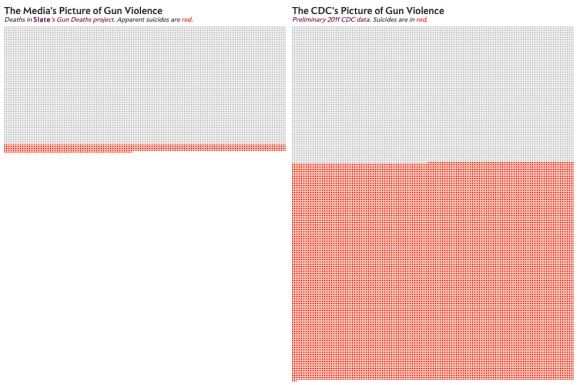
 This terrifying, betentacled vision of a globe-circling monster octopus is the actual, no fooling new logo for the National Reconnaissance Office, the agency that operates America's spy satellites. A spokewoman explains: "NROL-39 is represented by the octopus, a versatile, adaptable, and highly intelligent creature. Emblematically, enemies of the United States can be reached no matter where they choose to hide."
This terrifying, betentacled vision of a globe-circling monster octopus is the actual, no fooling new logo for the National Reconnaissance Office, the agency that operates America's spy satellites. A spokewoman explains: "NROL-39 is represented by the octopus, a versatile, adaptable, and highly intelligent creature. Emblematically, enemies of the United States can be reached no matter where they choose to hide." 






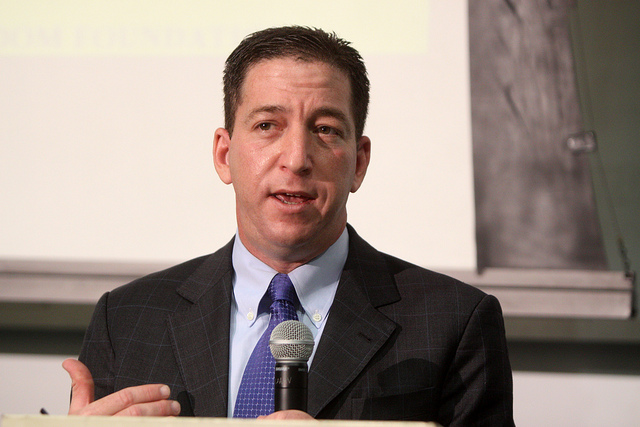 Esquire's
Esquire's 

















